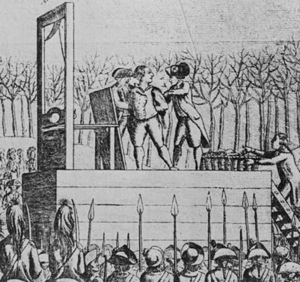
There was a good piece in the London Review of Books by Adam Shatz called Why Israel Didn’t Win. It’s a thoughtful analysis of what Israel hoped to gain from the recent attacks on Hamas in the Gaza Strip and why the cease fire is no victory for them.
In the course of it he notes that:
“The fighting will erupt again, because Hamas will come under continued pressure from its members and from other militant factions, and because Israel has never needed much pretext to go to war. In 1982, it broke its ceasefire with Arafat’s PLO and invaded Lebanon, citing the attempted assassination of its ambassador to London, even though the attack was the work of Arafat’s sworn enemy, the Iraqi agent Abu Nidal. In 1996, during a period of relative calm, it assassinated Hamas’s bomb-maker Yahya Ayyash, the ‘Engineer’, leading Hamas to strike back with a wave of suicide attacks in Israeli cities. When, a year later, Hamas proposed a thirty-year hudna, or truce, Binyamin Netanyahu dispatched a team of Mossad agents to poison the Hamas leader Khaled Meshaal in Amman; under pressure from Jordan and the US, Israel was forced to provide the antidote, and Meshaal is now the head of Hamas’s political bureau – and an ally of Egypt’s new president, Mohamed Morsi.
Operation Pillar of Defence, Israel’s latest war, began just as Hamas was cobbling together an agreement for a long-term ceasefire. Its military commander, Ahmed al-Jabari, was assassinated only hours after he reviewed the draft proposal. Netanyahu and his defence minister, Ehud Barak, could have had a ceasefire – probably on more favourable terms – without the deaths of more than 160 Palestinians and five Israelis, but then they would have missed a chance to test their new missile defence shield, Iron Dome, whose performance was Israel’s main success in the war. They would also have missed a chance to remind the people of Gaza of their weakness in the face of Israeli military might. The destruction in Gaza was less extensive than it had been in Operation Cast Lead, but on this occasion too the aim, as Gilad Sharon, Ariel’s son, put it in the Jerusalem Post, was to send out ‘a Tarzan-like cry that lets the entire jungle know in no uncertain terms just who won, and just who was defeated’.
Shatz doesn’t make the point but, reading this litany of strikes and interventions, a cynic could be forgiven for thinking that Israel had decided that it had more to gain from disrupting Palestinian peace initiatives than any serious pursuit of a settlement.
If Shatz is right though, instability and the changes in the region begin to make it look a dangerously short term and short sighted tactic.






